
Food, Energy, and Water are inextricably linked and it is about time we look at the system holistically than just trying to tackle the parts. I am excited to explore this uncharted territory with a diverse team of Alaskan community members, researchers, and beyond.

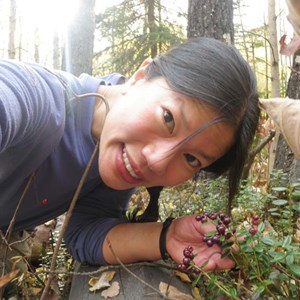
This is the first team I've ever worked with that has such a diversity of skills and backgrounds. I'm grateful to play a role in helping communities remain healthy, happy, sustainable, and resilient!

Rural Alaska residents are adept at innovating. If we can join them in applying those skills to food, energy, and water, then together we can do a lot to improve people's lives around the state and beyond.
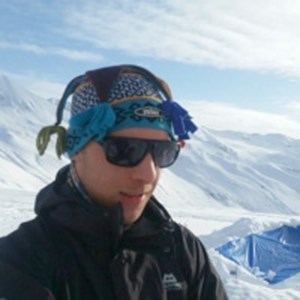
This project is working on diverse challenges with an equally diverse group of researchers, scientists, communities, and community members. It offers a wealth of opportunity to develop some truly innovative and important outcomes. I'm very happy to be able to play a role.

Developing a better understanding of the relationship between food, water, and energy consumption is important to develop a more holistic understanding of Alaska's islanded communities.

Since growing up on a small Midwestern farm, I have been keenly aware of relationships between food, energy, and water systems. The ability to formally study this nexus with an expert team in innovative Alaskan communities is a rewarding experience I am excited to be a part of.
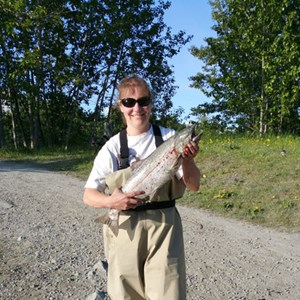
Food, water, and energy are issues that people can relate to and are important. By looking at all three we have the opportunity to study a real life and relatable situation.
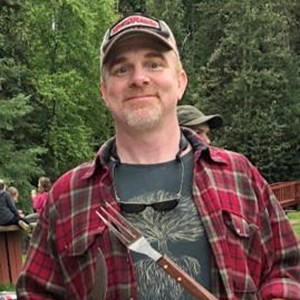
Speaking as somebody who focused on water in school, this idea of looking at food, water, and energy as an integrated system is an exciting concept. I think this approach makes a lot of sense for rural Alaska, and I look forward to hearing what rural Alaska has to say about it.
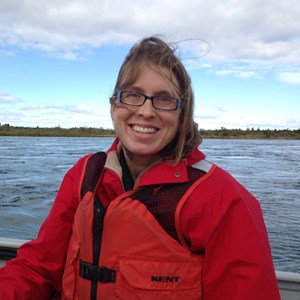
The MicroFEWS project is a unique opportunity to quantify the effects of current and future renewable energy generation on measurable food and water outcomes in Alaska communities. I'm excited to be working with these communities and to hear their input and feedback on these connections.

Past experiences have shown that proper integration of renewable energy systems in remote Alaska communities is critical for maintaining reliable electricity and heat which translates to reliable food and water systems. Using energy as a lens in this project we hope to better understand and predict how renewable energy would impact food, energy, and water security in these remote communities.